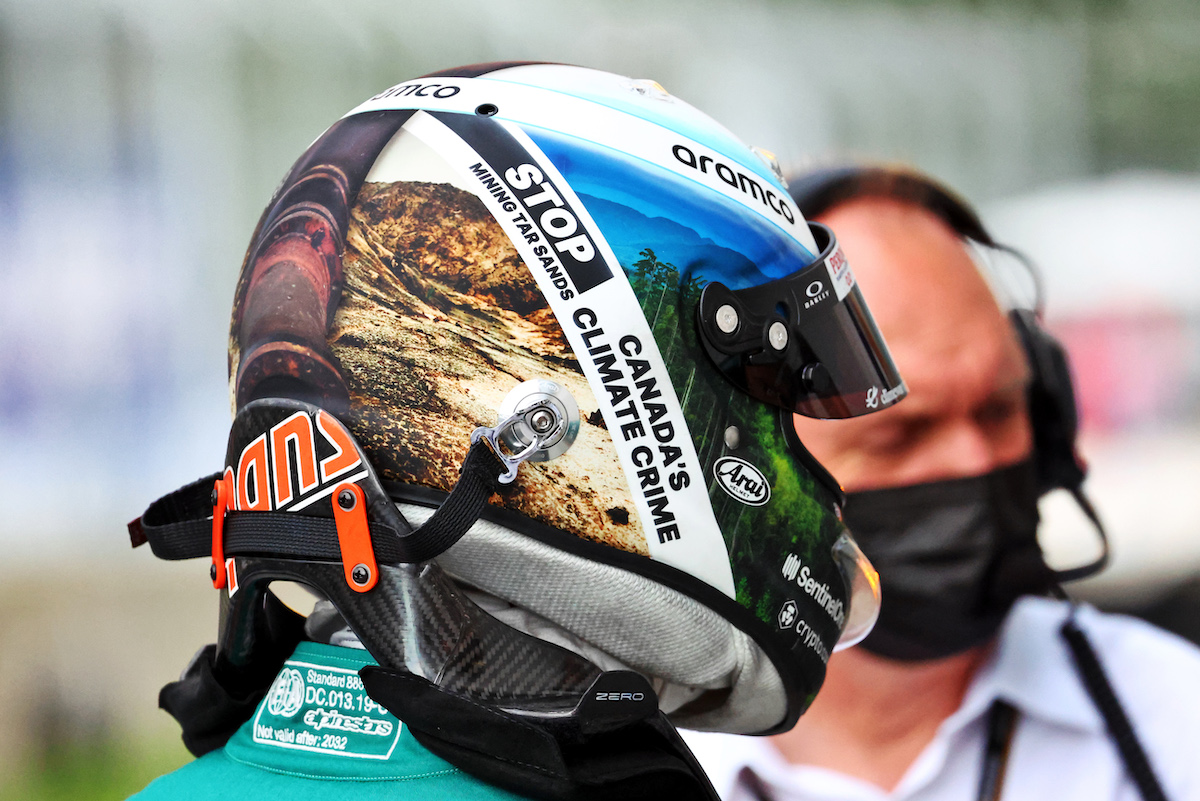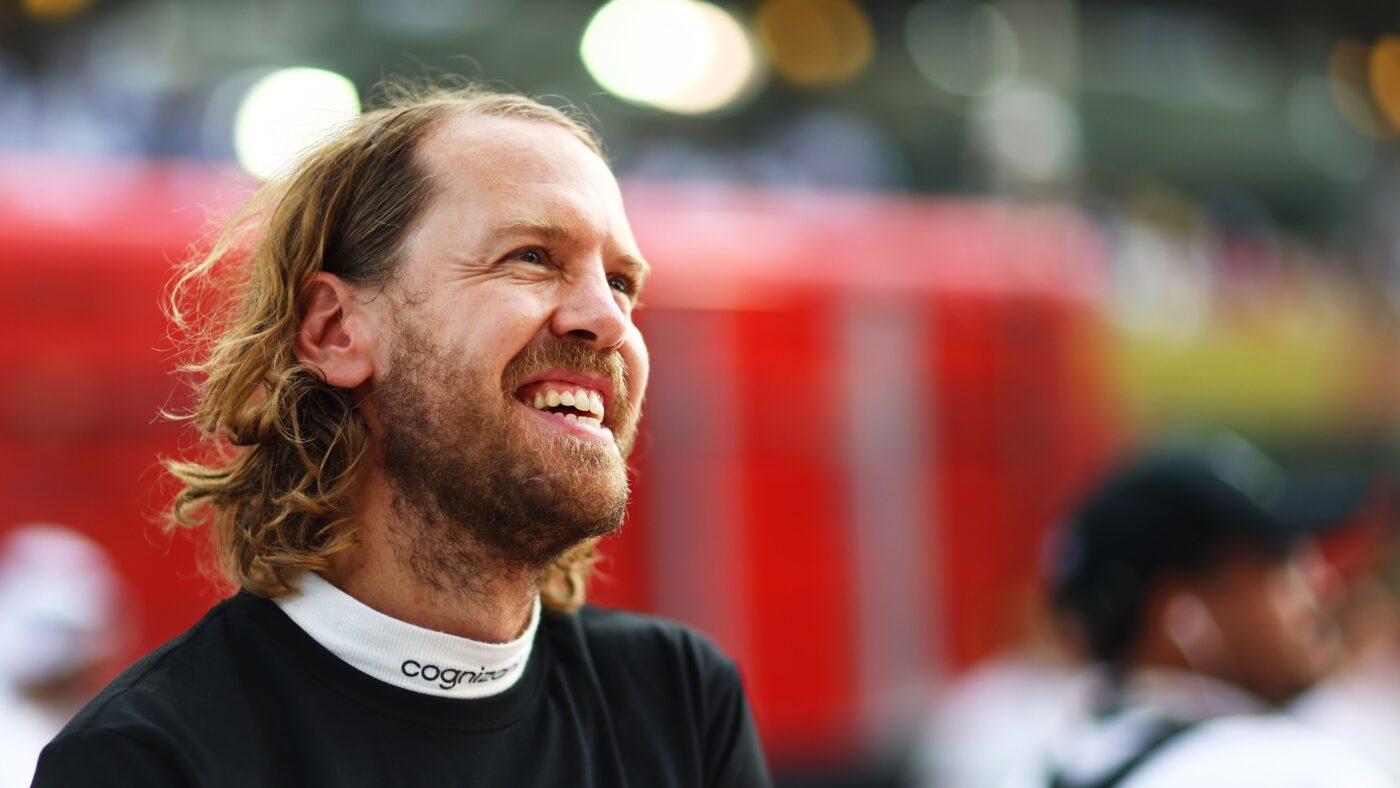Since retiring from Formula 1 in 2022, the four-time world champion Sebastian Vettel has been reflecting on an illustrious career. An inspiration to many, Vettel left F1 questioning its role, wondering whether the world’s premier motorsport could do be doing more to reduce its carbon footprint.
Formula 1 has pledged to switch to carbon-neutral synthetic fuel that’s 100% sustainable, by 2026. Not only will the new fuel be available to the cars on the grid, but to the billions of vehicles driving up and down roads all over the world.
For Vettel, it’s a step in the right direction. But since leaving F1, the former Red Bull, Ferrari and Aston Martin driver has been able to reflect on his role within F1, and consider his own carbon footprint as one of the fastest drivers in history.
“A few years ago I started measuring my carbon footprint,” he said to Red Bull. “I wrote down every car kilometre, every flight, every overnight stay. Seeing that number compared to that of the average Joe blew my mind! After that, I took steps to get the value down.”

Vettel believes that Formula 1, whilst for years, dominated the German driver’s life, isn’t central to the people of the world. It’s an elite sport; exclusive. And perhaps far removed from its overarching responsibilities to the environment.
Vettel has never been one to shy away from social issues, often using the grid as a platform to illustrate his views and lend his support to issues that he believes in.
In 2022, Vettel was criticised for sporting an Anti-Oil Sands t-shirt and had embellished his helmet with the words “Canada’s Climate Crime” during the Canadian Grand Prix.
“I think what happens in Alberta is a crime because you chop down a lot of trees, and you basically destroy the place just to extract oil,” Vettel said ahead of the race. “And the manner of doing it with the tar sands, mining oil sands, mining is horrible for nature. Canada’s greenhouse gas emissions also have gone up since they started doing it.”
He was labelled a hypocrite by Canadian politician Sonya Savage, who lambasted Vettel for his stance amidst his own carbon footprint and that of Formula 1.
“Yes, I am a hypocrite,” Vettel replied.

The driver couldn’t deny his contribution to F1’s footprint, but in highlighting, not only the sport’s but the world’s dependency on fossil fuels, Vettel had hoped to start a new conversation.
“I started with 400 tons – only in connection with the F1. In the end, I was down to 60 tons.”
Globally, the average carbon footprint is about 6 tons.
“Most of the reduction was the elimination of flights,” Vettel said to Red Bull. “With the exception of Silverstone and Budapest, I drove to all of the European races last season. I don’t want to dictate to anyone or portray myself as an angel, but that’s how I started with myself… I felt very satisfied.”
By forgoing fossil fuels, Vettel was already living in his ideal; a world that isn’t reliant on destroying itself through irresponsible consumption, but conscious practice that can bring about change.
The preservation of the “environment is the issue of our generation,” Vettel said, and he’s proving he’s fighting on the front-line.
